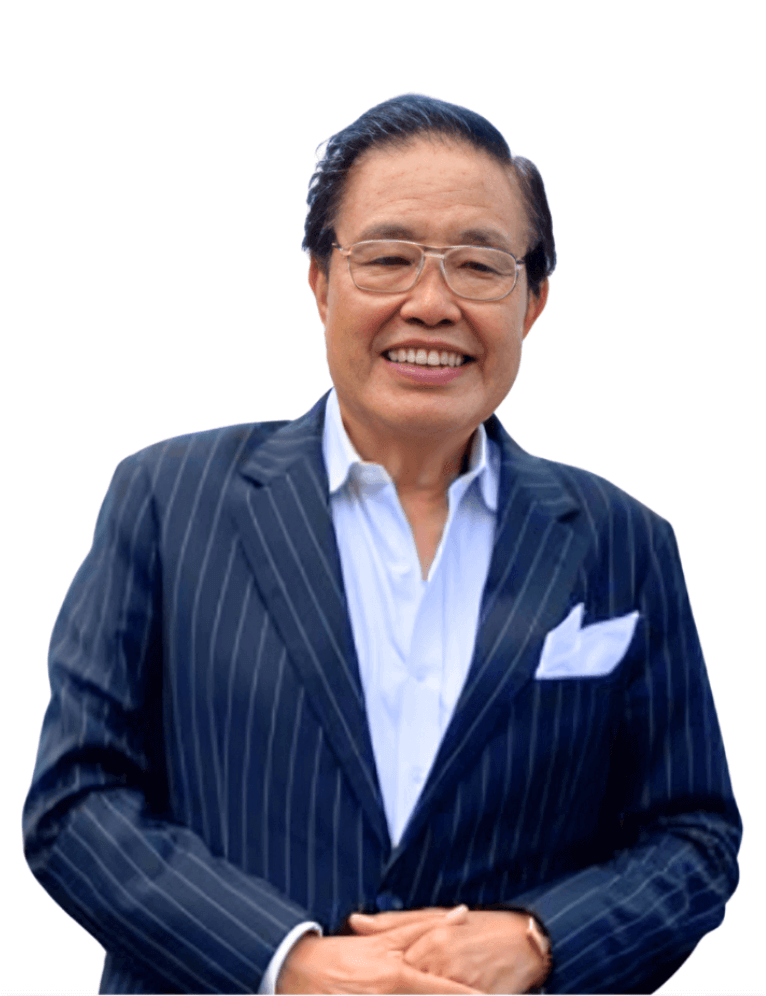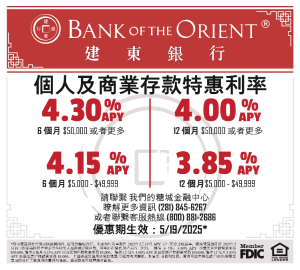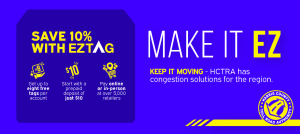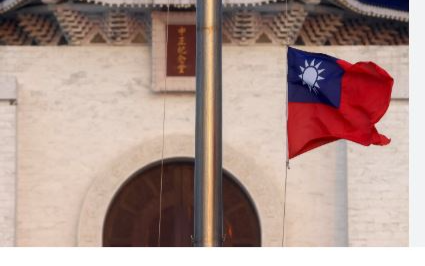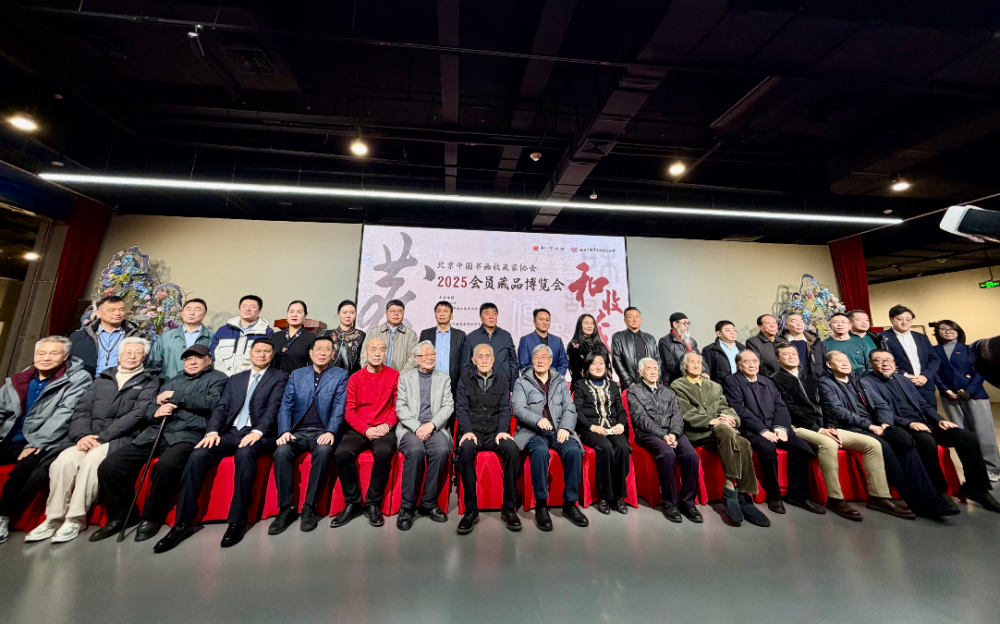美国移民政策的重大改变
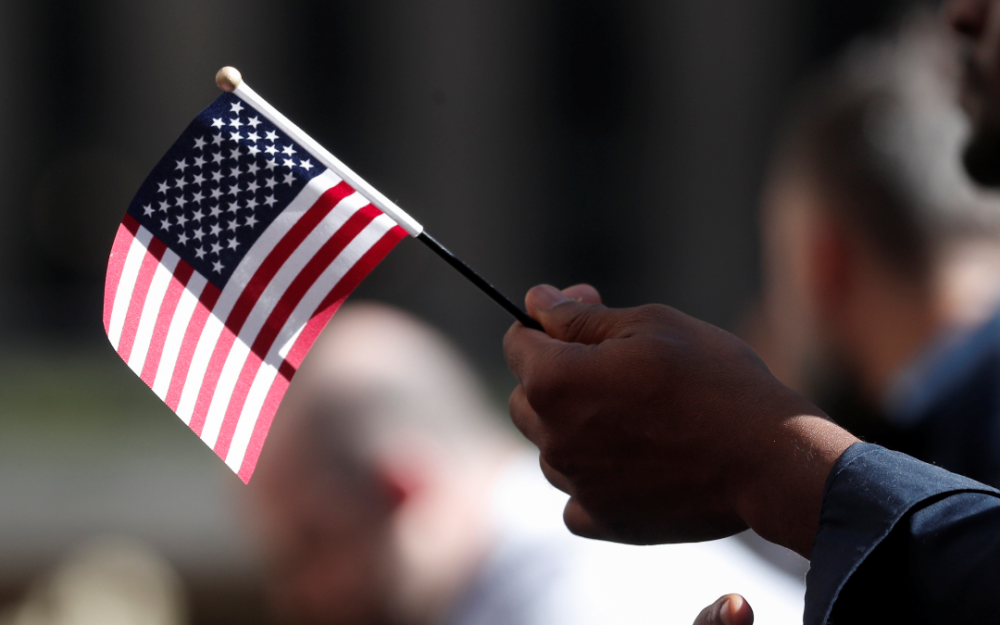
美国移民政策的重大改变
今天,美国政府拋出了一项震撼性的移民政策新规,特别针对 H-1B 技术签证。这原本是许多外国专业人士进入美国职场的主要途径,如
已经持有 H-1B 签证的人或续签者虽然不受影响,但对未来的申请者而言,这无疑是
除了签证费用,美国移民与海关执法局(ICE)正在扩充规模,设
我感受到的,不只是政策上的震动,更是一股时代的暗潮。对於那些
或许,这正是一场价值观的角力:是选择封闭与保护,还是坚持开放
记录下今日心情:震惊,忧虑,还有一丝对未来的不安。政策改变的
A Major Shift in U.S. Immigration Policy
Today, the United States government unveiled a sweeping change in immigration policy, one that strikes directly at the heart of the H-1B visa program. For decades, this program has been the gateway for thousands of foreign professionals—engineers, researchers, doctors, and dreamers—to contribute their skills to the American economy. But now, a new and formidable barrier has been raised: a $100,000 fee for new applicants.
For those who already hold H-1B visas, or for those simply renewing their status, the change does not apply. Yet for new aspirants hoping to begin their journey in America, this cost is staggering, almost prohibitive. Within hours of the announcement, shockwaves rippled across the technology sector and other industries heavily reliant on global talent. Companies that once looked to the world for skilled workers may now be forced to rethink their strategies—whether by relocating research centers abroad or accelerating efforts to train domestic talent.
This new visa rule is not an isolated move. Alongside it, the Immigration and Customs Enforcement (ICE) agency is expanding its enforcement capacity, opening more offices and enlarging its staff. At the same time, California has taken a defiant stance, signing new laws to shield immigrant communities against the tightening grip of federal enforcement. Meanwhile, the U.S. Citizenship and Immigration Services (USCIS) announced revisions to the naturalization test, raising the bar for those seeking to become American citizens. Taken together, these steps paint a clear picture: immigration policy in the U.S. is entering a stricter, less welcoming era.
For me, the news feels heavy. It is more than just a change in policy—it is the closing of a door for countless individuals who see America as a land of opportunity. The very spirit of the “American Dream,” built on openness and the promise of reinvention, now seems to be narrowing. The United States has long been proud of drawing the world’s brightest minds, weaving them into its fabric of innovation and progress. To see the gates close, even partially, raises profound questions about the nation’s future.
This is not just about visas and fees—it is about values. Does America choose protectionism over openness, exclusivity over inclusivity? The answer is still unfolding, but one thing is certain: today’s decision will leave a deep mark on the history of immigration and reshape the American labor market for years to come.
As I write this entry, I feel a mixture of shock, worry, and unease about what lies ahead. Policy shifts like this remind me how swiftly lives can be altered, how easily dreams can be deferred by the stroke of a pen. The tides of history are moving, and once again, immigrants find themselves at the center of the storm.


